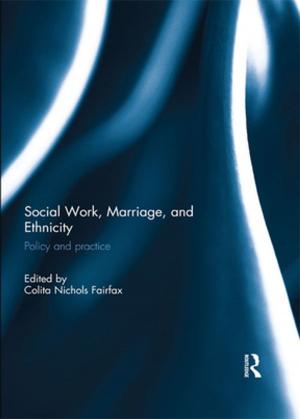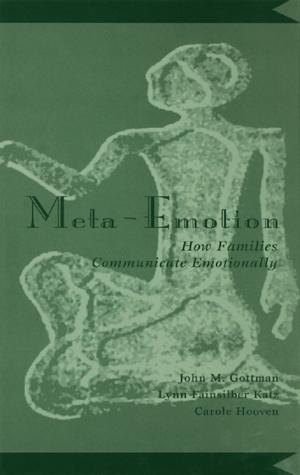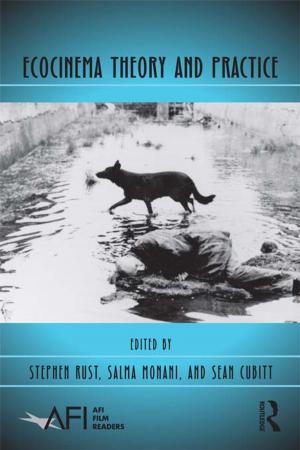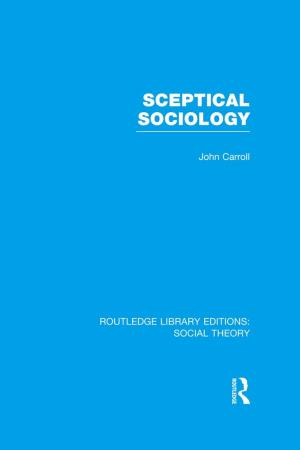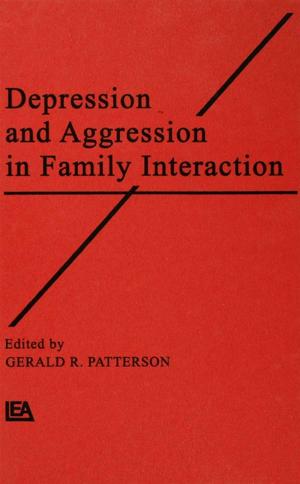Governing the Climate Change Regime
Institutional Integrity and Integrity Systems
Nonfiction, Reference & Language, Law, Urban State & Local Government, Administrative Law & Regulatory Practice, Environmental| Author: | ISBN: | 9781315442341 | |
| Publisher: | Taylor and Francis | Publication: | December 1, 2016 |
| Imprint: | Routledge | Language: | English |
| Author: | |
| ISBN: | 9781315442341 |
| Publisher: | Taylor and Francis |
| Publication: | December 1, 2016 |
| Imprint: | Routledge |
| Language: | English |
This volume, the second in a series of three, examines the institutional architecture underpinning the global climate integrity system. This system comprises an inter-related set of institutions, governance arrangements, regulations, norms and practices that aim to implement the United Nations Framework Convention on Climate Change (UNFCCC). Arguing that governance is a neutral term to describe the structures and processes that coordinate climate action, the book presents a continuum of governance values from ‘thick’ to ‘thin’ to determine the regime’s legitimacy and integrity. The collection contains four parts with part one exploring the links between governance and integrity, part two containing chapters which evaluate climate governance arrangements, part three exploring avenues for improving climate governance and part four reflecting on the road to the UNFCCC's Paris Agreement. The book provides new insights into understanding how systemic institutional and governance failures have occurred, how they could occur again in the same or different form and how these failures impact on the integrity of the UNFCCC. This work extends contemporary governance scholarship to explore the extent to which selected institutional case studies, thematic areas and policy approaches contribute to the overall integrity of the regime.
This volume, the second in a series of three, examines the institutional architecture underpinning the global climate integrity system. This system comprises an inter-related set of institutions, governance arrangements, regulations, norms and practices that aim to implement the United Nations Framework Convention on Climate Change (UNFCCC). Arguing that governance is a neutral term to describe the structures and processes that coordinate climate action, the book presents a continuum of governance values from ‘thick’ to ‘thin’ to determine the regime’s legitimacy and integrity. The collection contains four parts with part one exploring the links between governance and integrity, part two containing chapters which evaluate climate governance arrangements, part three exploring avenues for improving climate governance and part four reflecting on the road to the UNFCCC's Paris Agreement. The book provides new insights into understanding how systemic institutional and governance failures have occurred, how they could occur again in the same or different form and how these failures impact on the integrity of the UNFCCC. This work extends contemporary governance scholarship to explore the extent to which selected institutional case studies, thematic areas and policy approaches contribute to the overall integrity of the regime.



